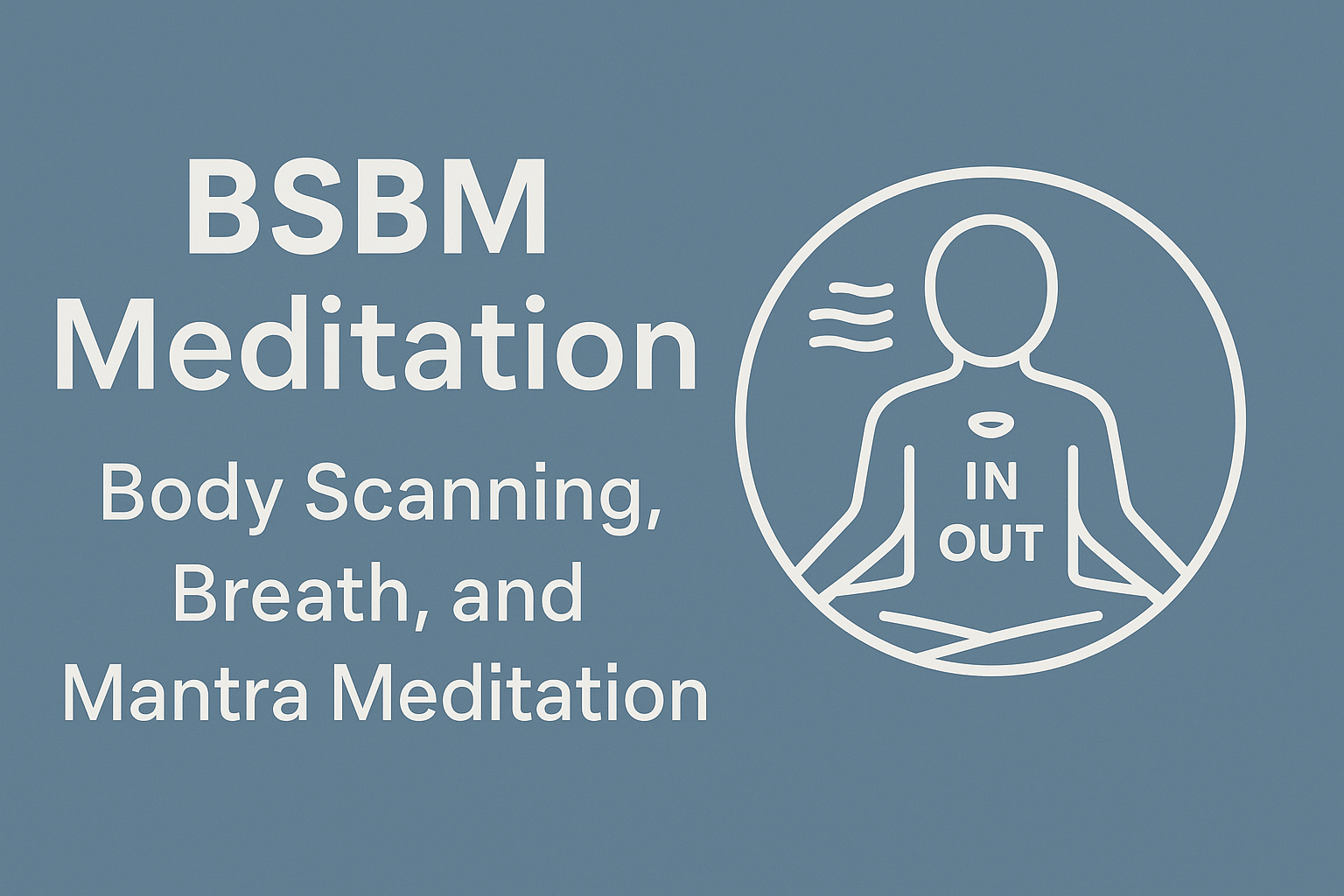I’ve developed a structured meditation technique designed to enhance meta-cognitive control and attentional flexibility.
It’s called BSBM Meditation, short for Body Scanning, Breath, and Mantra. This approach weaves together three core practices—body scanning, breath awareness, and mantra repetition—into a single, cohesive routine. Optionally, it can be followed by a phase of reflective meditation, as outlined by Jason Siff in his book, Unlearning Meditation.
Continue reading ✨BSBM Meditation: A Multi-Anchor Practice for Meta-Cognitive Control



